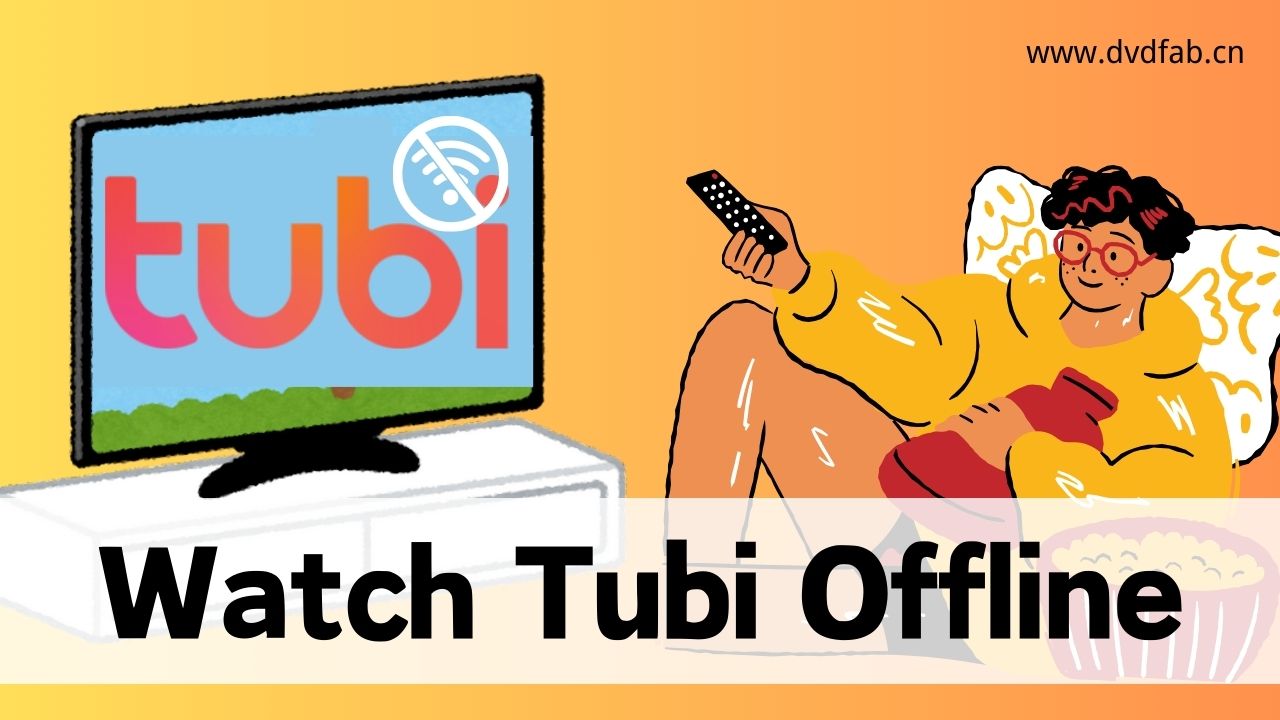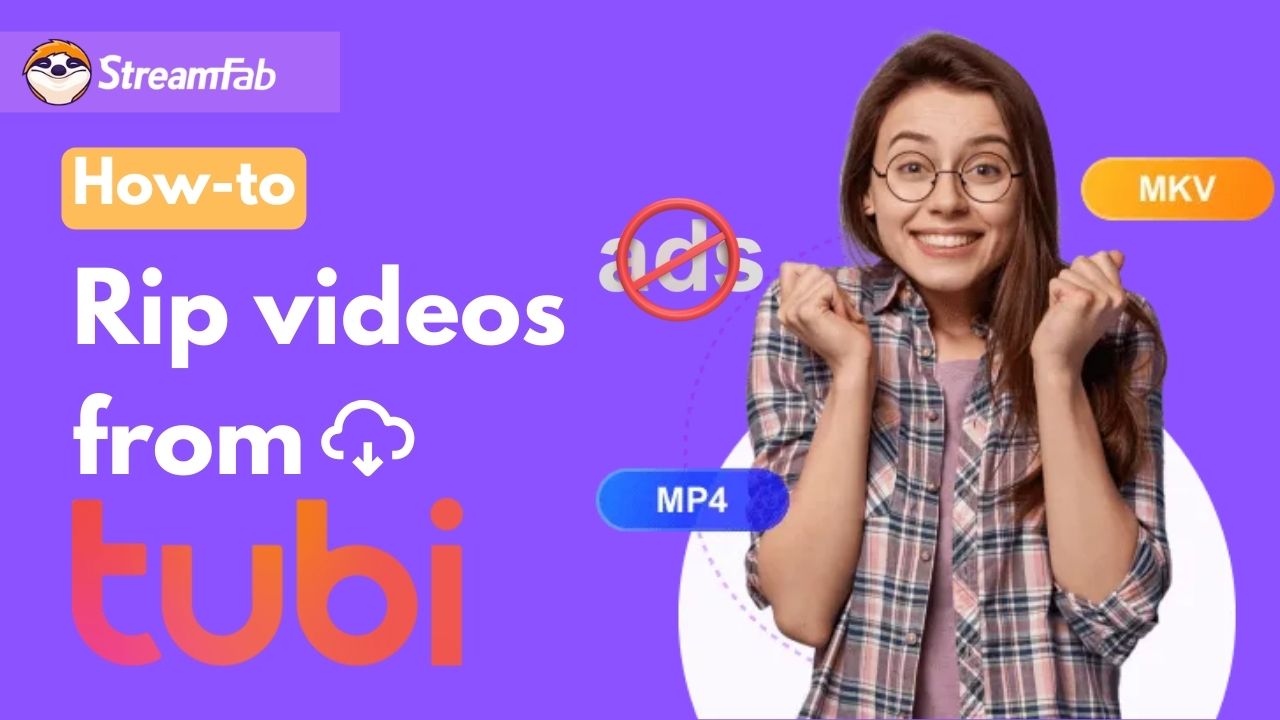Related Articles

Top 5 Reliable Tubi Downloader Tools To Use In 2025
Tubi TV has tons of movies and TV shows that users can stream online from anywhere. However, if you want it on your laptop, a Tubi downloader shall not be dismissed. This article talks about the top 10 Tubi downloaders that can be used to download videos from Tubi TV.
By Jacob - Aug 6, 2025
How Can You Watch Tubi offline: Without Ads & Encryption
To get the maximum benefits from any free OTT streaming service like Tubi, you must know how can you watch Tubi offline for your subscription, ads & internet-free streaming.
By Erika - Sep 10, 2024
How to Rip Videos from Tubi in MP4 on Windows & Mac | 2025
Tubi is a free service but can be streamed online only. How should we rip videos from Tubi for a more flexible entertainment? Read on to learn more.
By Erika - Jul 5, 2024










